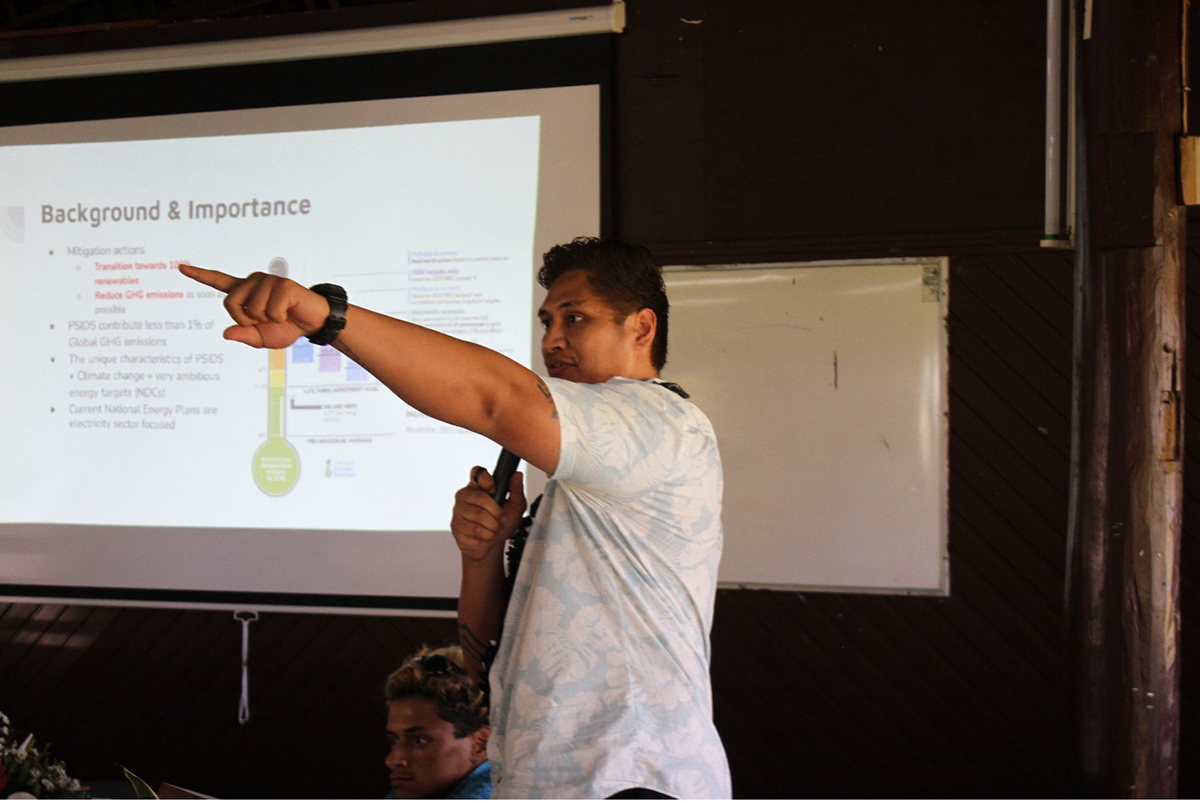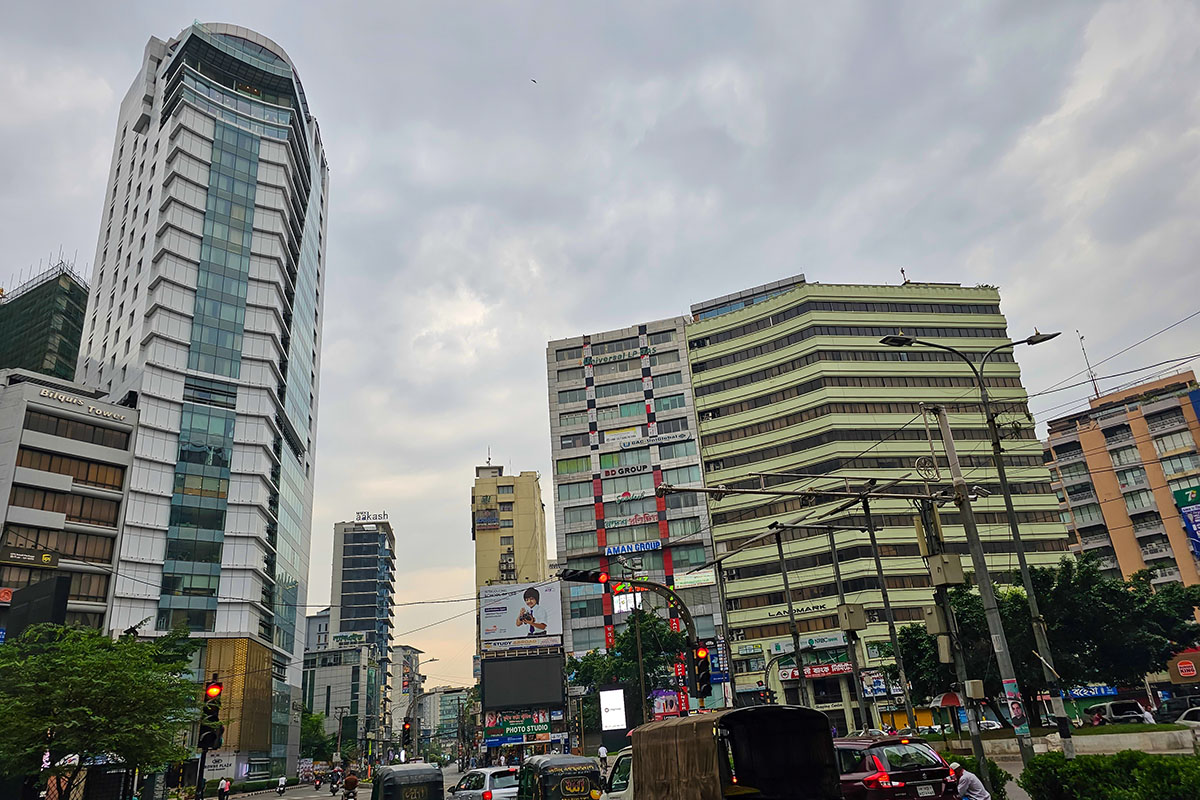Earth Day 2025 – Our Power, Our Planet: Accelerating the Commonwealth’s Renewable Energy Transition
April 22This Earth Day, the global community is called to accelerate a just transition to renewable energy, under the theme “Our Power, Our Planet”. For the 56 member states of the Commonwealth—many of which are among the most climate-vulnerable—this transition is not a luxury, but an existential necessity.
The global energy sector is the largest contributor to greenhouse gas emissions, accounting for over 70 per cent of total output. However, 675 million people still do not have access to electricity, primarily in the Global South. This stark contrast reveals a deeper structural issue: the necessity of coordinating energy justice with climate action. Earth Day 2025 calls on governments, institutions, and communities to confront this reality with coordinated and decisive action.
The Commonwealth, home to one-third of the world’s population, holds considerable geographic and technological potential for the advancement of renewable energy. The solar energy capacity in South Asia, the growing wind infrastructure in East Africa, and the ocean-based energy opportunities across the Pacific and Caribbean present a diverse, interconnected opportunity for clean energy leadership. However, unlocking this potential demands more than infrastructure – it requires a systemic shift in how resources, knowledge, and responsibilities are distributed.
1. Climate finance must become more accessible and equitable.
While many member states have set ambitious renewable energy targets in their Nationally Determined Contribution (NDCs), progress is often constrained by limited access to affordable and transparent funding. Mechanisms must evolve to ensure that developing countries, especially Small-Island Developing States, can mobilize climate finance in ways that are responsive to local needs.
2. Investment must prioritise both scale and inclusion.
Achieving universal energy access means embracing decentralised models—such as solar micro-grids or community-owned wind projects—that enhance energy access for rural and marginalised populations. These models should be underpinned by regional knowledge-sharing across the Commonwealth.
3. Young People must be at the centre of the transition.
Energy systems are not just technical constructs—they are deeply social. Retraining workers, strengthening local governance, and ensuring that the shift to renewables does not deepen existing inequalities must be part of national and regional strategies.
A crucial part of this change must be played by young people in particular. Young people are spearheading clean energy start-ups, spearheading community awareness initiatives, and organising their peers to demand accountability for climate pledges throughout the Commonwealth. Youth can not only benefit from the energy transition but also play a key role in its development and execution with the right investments in education, innovation ecosystems, and green skills.
As nations prepare to submit revised NDCs ahead of COP30, Earth Day 2025 offers a timely checkpoint. The science is clear, and the technology exists—what’s needed now is political will and coordinated action. As we reflect on Earth Day 2025, let us recommit to building an energy future that is renewable, inclusive, and resilient.
The Commonwealth—united in diversity—has the capacity to lead a transition rooted in justice, equity, and sustainability.
Writen by:
Lucia Ene-Lesikar
Bodh Maathura
Faith Elisaria




